Unraveling the Mini Goldendoodle: About, Facts, and Generations
Are you searching for a furry friend that’s not too big, not too small, but just right? Look no further than the Mini Goldendoodle! These adorable pups are a cross between a Golden Retriever and a Miniature Poodle, offering the best of both worlds in terms of size, temperament, and intelligence.
With their irresistibly fluffy coats and endearing personalities, Mini Goldendoodle have captured the hearts of dog lovers worldwide. Their hypoallergenic fur makes them an excellent choice for families with allergies, while their playful nature and gentle disposition make them wonderful companions for children and adults alike.
But that’s not all – Mini Goldendoodles are also highly intelligent and trainable, making them ideal for obedience training, agility courses, and even therapy work. Whether you’re looking for a cuddly lap dog or a lively playmate, the Mini Goldendoodle is sure to bring joy and laughter to your home.
Mini Goldendoodle
Mini Goldendoodle have captured the hearts of dog lovers everywhere with their adorable appearance and loving temperament. These charming pups are a cross between a Golden Retriever and a Miniature Poodle, resulting in a delightful blend of traits from both breeds. If you’re considering bringing home a Mini Goldendoodle, this comprehensive guide will provide you with all the information you need to know about these wonderful companions.
Understanding Mini Goldendoodles
Mini Goldendoodles, also known as Miniature Goldendoodles, are small-sized dogs that inherit the friendly and affectionate nature of Golden Retrievers and the intelligence and hypoallergenic coat of Miniature Poodles. They typically weigh between 15 to 35 pounds and stand around 13 to 20 inches tall at the shoulder. Their coats can vary in color, including shades of cream, gold, apricot, and red, and may be curly, wavy, or straight, depending on their lineage.
Temperament and Personality
One of the most endearing qualities of Mini Goldendoodles is their friendly and outgoing personality. These dogs are known for their affectionate nature and love being around people, making them excellent family pets and companions. They are gentle and patient, making them great with children and other pets. Mini Goldendoodles are also highly intelligent and eager to please, which makes them easy to train and well-suited for various activities, including obedience, agility, and therapy work.
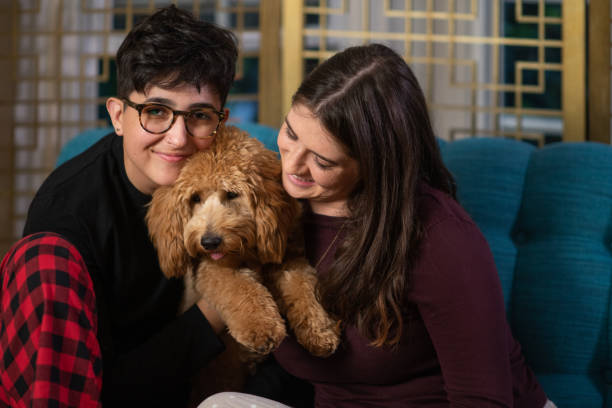
Grooming and Maintenance of Mini Goldendoodle
Mini Goldendoodles have a non-shedding coat that requires regular grooming to keep it looking its best. Brushing a few times a week will help prevent mats and tangles and keep the coat free from debris. Regular baths and occasional trims may also be necessary to maintain the coat’s health and appearance. Additionally, Mini Goldendoodles require regular exercise to keep them mentally and physically stimulated. Daily walks, play sessions, and interactive games are essential to keep them happy and healthy.
Health Considerations of Mini Goldendoodle
While Mini Goldendoodles are generally healthy dogs, they may be prone to certain health issues, including hip dysplasia, elbow dysplasia, and eye problems. Regular veterinary check-ups, proper nutrition, and exercise can help prevent these issues and ensure your Mini Goldendoodle lives a long and healthy life. It’s also essential to choose a reputable breeder who health tests their breeding dogs to minimize the risk of genetic diseases.
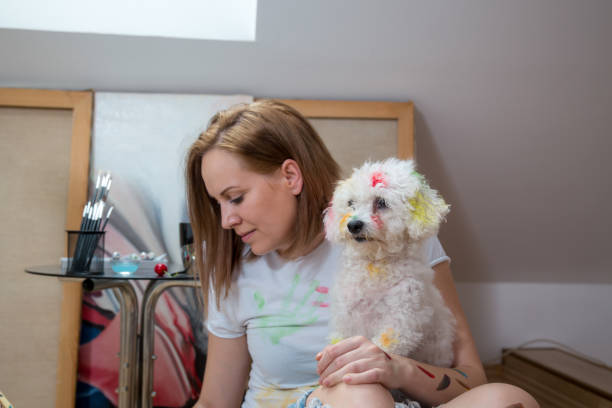
Training and Socialization
Early training and socialization are crucial for Mini Goldendoodles to grow into well-behaved and well-adjusted adults. Positive reinforcement techniques, such as praise and rewards, work best with these intelligent and sensitive dogs. Exposing them to different people, environments, and situations from a young age will help prevent behavioral issues and ensure they are comfortable and confident in various settings.
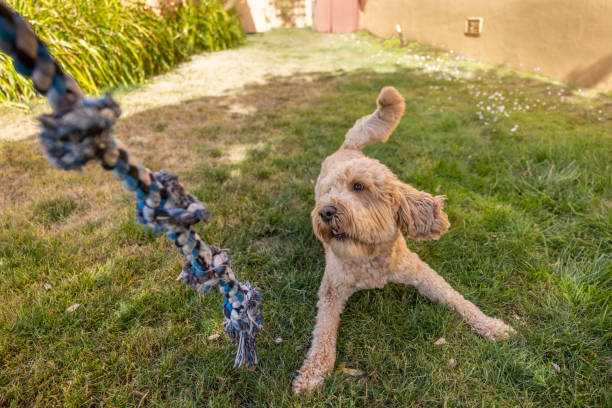
Choosing a Mini Goldendoodle
When choosing a Mini Goldendoodle, it’s essential to research reputable breeders who prioritize the health and well-being of their dogs. Ask plenty of questions about the puppy’s parents, health history, and living conditions. Additionally, spend time getting to know the puppy’s temperament and personality to ensure they are the right fit for your family and lifestyle.
Mini Goldendoodle Generations: F1, F1B, F2, F2B, F2BB, F3
Mini Goldendoodles have gained immense popularity as beloved family pets due to their adorable appearance and friendly demeanor. However, prospective owners often encounter terms like F1, F1B, F2, and more when researching these furry companions. These terms refer to different generations of Mini Goldendoodles, each with its own unique characteristics and traits. Understanding these generations is essential for anyone considering adding a Mini Goldendoodle to their family. In this comprehensive guide, we’ll delve into the meaning of F1, F1B, F2, F2B, F2BB, F3, and beyond, shedding light on what sets each generation apart.
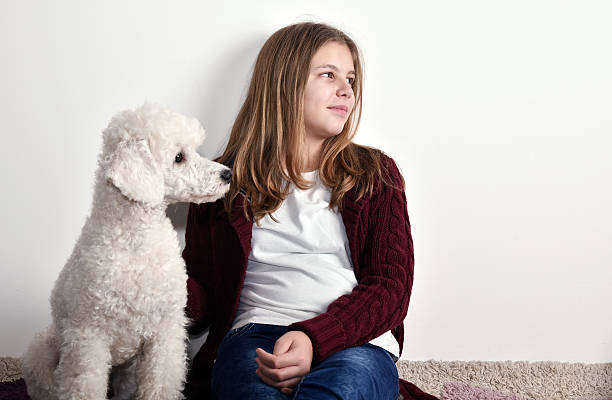
F1 Generation
- The F1 generation is the first cross between a purebred Golden Retriever and a purebred Miniature Poodle. This generation typically exhibits a wide range of traits inherited from both parent breeds, including size, coat type, and temperament. F1 Mini Goldendoodles are often sought after for their hybrid vigor and unpredictable but charming mix of characteristics.
F1B Generation
- The F1B generation is a cross between an F1 Mini Goldendoodle and a purebred Poodle. This cross is often preferred by individuals seeking a hypoallergenic or low-shedding coat, as F1B Mini Goldendoodles are more likely to inherit the non-shedding coat of the Poodle parent. Additionally, F1B Mini Goldendoodles may have a more consistent appearance and temperament compared to F1s.
F2 Generation
- The F2 generation results from breeding two F1 Mini Goldendoodles together. This generation continues the hybrid vigor seen in F1s, but with greater variability in traits due to the genetic diversity inherited from both parent breeds. F2 Mini Goldendoodles may exhibit a wide range of coat types, sizes, and temperaments, making each puppy a unique combination of its parents’ traits.
F2B Generation
- The F2B generation is produced by crossing an F2 Mini Goldendoodle with a purebred Poodle. Similar to F1B Mini Goldendoodles, F2Bs are often sought after for their hypoallergenic or low-shedding coats. This generation may display more consistency in coat type and temperament than F2s, as they have a higher percentage of Poodle genetics.
F2BB Generation
- The F2BB generation is created by crossing an F2B Mini Goldendoodle with another purebred Poodle. This cross further enhances the non-shedding coat and consistency seen in F1B and F2B generations. F2BB Mini Goldendoodles are typically highly desirable for their hypoallergenic qualities and predictable coat types.
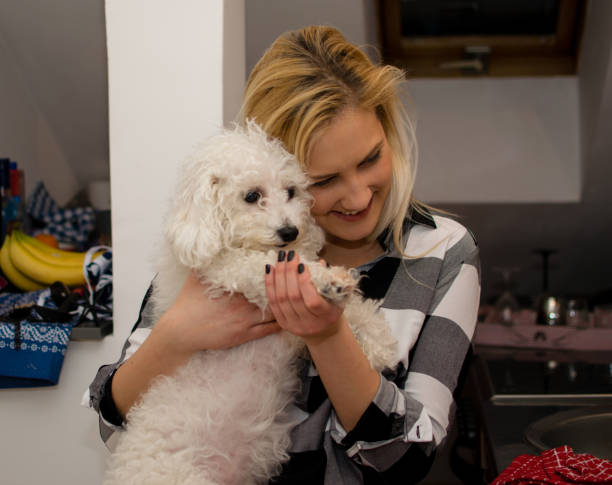
F3 Generation and Beyond
- The F3 generation and beyond refer to subsequent crosses of Mini Goldendoodles, which may involve breeding two F2s, two F2Bs, or other combinations. With each successive generation, breeders aim to refine and stabilize desirable traits such as coat type, size, and temperament. F3 Mini Goldendoodles and beyond may exhibit greater consistency in appearance and behavior compared to earlier generations.
Mini Goldendoodle Lifespan
The Mini Goldendoodle, a crossbreed between a Golden Retriever and a Miniature Poodle, typically has a lifespan ranging from 10 to 15 years. However, several factors can influence their longevity, including genetics, diet, exercise, environment, and overall healthcare.
Genetics play a significant role in determining a Mini Goldendoodle’s lifespan. Responsible breeding practices aimed at reducing genetic health issues can contribute to a longer and healthier life for these dogs. Additionally, providing a balanced and nutritious diet, regular exercise, and proper veterinary care are essential for maintaining their overall health and well-being.
Regular veterinary check-ups, vaccinations, and preventive care can help identify and address any health concerns early, potentially extending the Mini Goldendoodle’s lifespan. Moreover, keeping them physically and mentally stimulated through exercise, play, and training can contribute to their overall quality of life.
Ultimately, providing a loving and nurturing environment, along with proper care and attention, can help ensure that your Mini Goldendoodle enjoys a long, happy, and healthy life by your side.
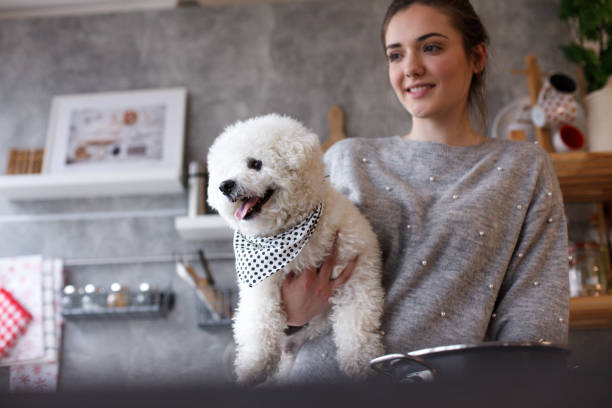
Are Mini Goldendoodles Hypoallergenic?
Mini Goldendoodles are adored for their charming personalities, intelligence, and adorable appearance. One common question potential owners often ask is whether Mini Goldendoodles are hypoallergenic. In this comprehensive guide, we’ll delve into the factors that contribute to the hypoallergenic nature of Mini Goldendoodles and what prospective owners need to know about allergies and this beloved breed.
Understanding Hypoallergenic Dogs
Hypoallergenic dogs are breeds that produce fewer allergens compared to others, making them more suitable for individuals with allergies. Though no breed guarantees allergy-free living, Mini Goldendoodles often have fewer allergens, thanks to their coat and shedding tendencies.
Factors Contributing to Hypoallergenic Traits
The hypoallergenic nature of Mini Goldendoodles stems primarily from their coat type, which is often a blend of the Poodle’s curly or wavy fur and the Golden Retriever’s straight or wavy fur. This unique coat texture minimizes shedding and reduces the spread of dander, the primary allergen associated with dogs. Additionally, Mini Goldendoodles often have a single-layered coat, which further reduces the likelihood of triggering allergies.
Maintenance and Grooming
While Mini Goldendoodles are considered hypoallergenic, proper grooming and maintenance are essential for minimizing allergens. Regular brushing helps remove loose fur and dander, preventing them from accumulating in the home. Bathing the dog periodically with hypoallergenic shampoo can also help reduce allergens on the coat. Keeping the living environment clean by vacuuming regularly and washing the dog’s bedding can further reduce allergen exposure.
Allergy Testing and Precautions
Prior to adopting a Mini Goldendoodle, allergy testing can identify potential reactions. Testing helps ensure compatibility with family members.. While Mini Goldendoodles are hypoallergenic for many allergy sufferers, individual reactions can vary. Spending time with the breed before making a commitment can also help assess allergy sensitivity. Consulting a healthcare professional can offer insights for managing pet allergies effectively. Expert advice enhances allergy management strategies.
Conclusion
While Mini Goldendoodles are often touted as hypoallergenic, it’s essential to understand that no dog breed is entirely allergen-free. However, the unique coat type and shedding patterns of Mini Goldendoodles make them a suitable option for many allergy sufferers.
Mini Goldendoodle owners can minimize allergies through grooming, maintenance, and allergy precautions. These measures ensure enjoyable companionship.

Frequently Asked Questions
Mini Goldendoodles are beloved for their friendly disposition, intelligence, and hypoallergenic qualities. They inherit desirable traits from both Golden Retrievers and Poodles, making them excellent family companions.
Yes, Mini Goldendoodles are considered hypoallergenic due to their low shedding coats. While no dog breed is completely hypoallergenic, Mini Goldendoodles produce fewer allergens than many other breeds, making them suitable for allergy sufferers.
Mini Goldendoodles come in various generations, including F1, F1B, F2, F2B, F2BB, and F3. These generations refer to the breeding process involving Golden Retrievers and Poodles and determine the coat type, size, and traits of the Mini Goldendoodle.
Regular grooming is essential for Mini Goldendoodles to maintain their coat health. Brushing several times a week helps prevent mats and tangles, while occasional baths keep their fur clean. Professional grooming may be required every few months to trim their coat and nails.
Mini Goldendoodles typically live between 10 to 15 years, depending on various factors such as genetics, diet, exercise, and overall healthcare. Providing proper nutrition, regular exercise, and routine veterinary check-ups can help extend their lifespan.
Yes, Mini Goldendoodles are known for their gentle and friendly nature, making them excellent companions for children and other pets. They are typically sociable and enjoy interacting with family members of all ages, including other dogs and cats.
Share this content:

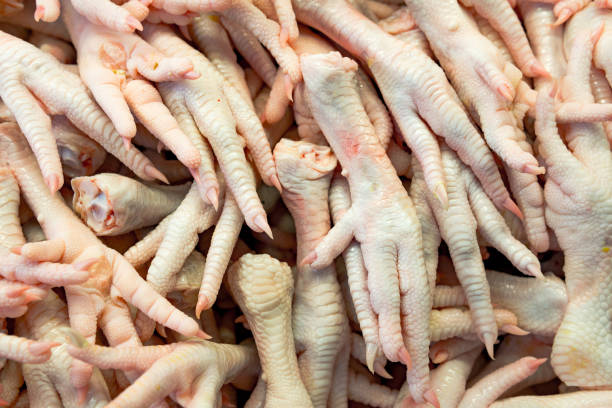
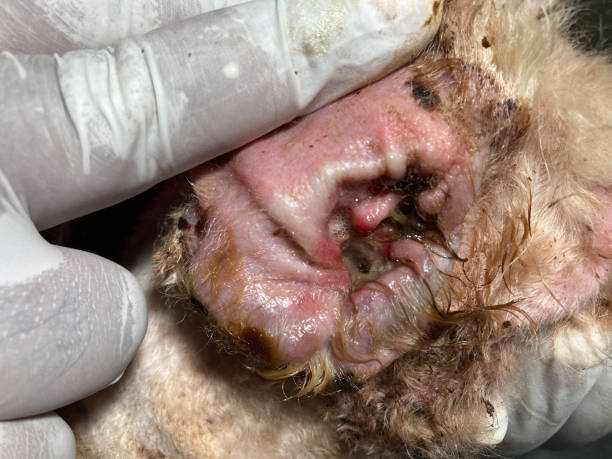
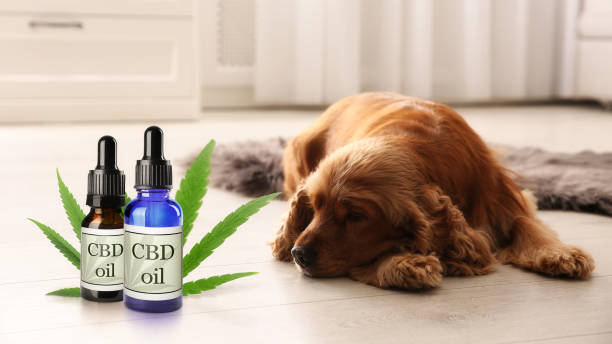
2 comments